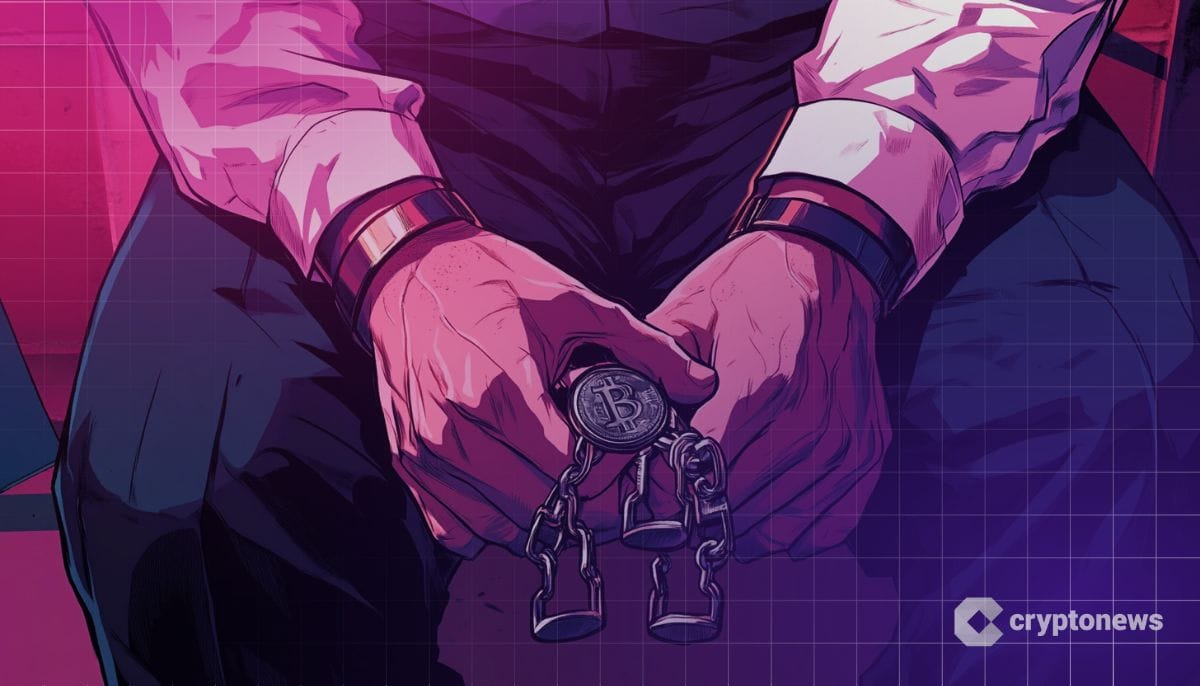New Hampshire and North Dakota Latest U.S. States to Propose Bitcoin Reserves

New Hampshire and North Dakota have introduced legislation to establish strategic Bitcoin reserves, marking a growing trend among U.S. states to diversify their treasuries with cryptocurrency.
In New Hampshire, the bill was introduced by Representative Keith Ammon, a Republican from the 40th District.
While the legislation does not explicitly mention Bitcoin, it refers to “digital assets” to avoid potential political hurdles.
Strategic Language Behind Bitcoin Legislation Push
Dennis Porter, CEO of Satoshi Action Fund, explained that such phrasing allows lawmakers to advance Bitcoin-related initiatives without stirring controversy.
“The intent is for Bitcoin, but oftentimes that’s not possible depending on the state,” Porter said.
Simultaneously, North Dakota lawmakers proposed their own Bitcoin reserve legislation.
The bill, backed by Representatives Nathan Toman and Josh Christy, along with Senator Jeff Barta, already boasts 11 sponsors, according to Porter.
This push follows Pennsylvania’s November proposal for a state-level Bitcoin reserve. Introduced by Representative Mike Cabell, the legislation positioned Bitcoin as a hedge against inflation and economic instability.
Cabell’s proposal was inspired by Satoshi Action Fund’s initiatives.
Momentum for Bitcoin reserves has been building since former President Donald Trump, during his campaign, pledged to make the U.S. a global leader in Bitcoin and cryptocurrency.
Trump promised to direct the Treasury Department to acquire substantial Bitcoin reserves. Following his November election victory, the crypto industry has been watching closely for signs of progress on his pledge.
Some, like Strike CEO Jack Mallers, anticipate Trump could sign an executive order designating Bitcoin as a reserve asset on his first day in office.
However, skeptics, including Galaxy Digital founder Mike Novogratz, doubt such a move will materialize.
Market sentiment reflects these uncertainties.
On Polymarket, the likelihood of Trump establishing a Bitcoin reserve within his first 100 days in office stands at just 27%, down from 45% in November.
US States Consider Adding Bitcoin To Reserves
Ohio has become the latest US state to consider adding Bitcoin to its treasury reserves, following the introduction of a new bill by House Republican leader Derek Merrin.
The initiative mirrors recent moves by Texas and Pennsylvania to establish Bitcoin reserves.
On 12 December 2024, Texas Representative Giovanni Capriglione introduced the Texas Strategic Bitcoin Reserve Act, which proposes that the state comptroller hold Bitcoin as a reserve asset for at least five years.
Pennsylvania took a similar step in November, with Representative Mike Cabell proposing a bill to allow its treasury to allocate up to 10% of its balance sheet in Bitcoin, citing the asset’s potential to hedge against economic uncertainty.
Furthermore, corporate Bitcoin holders like MicroStrategy and Metaplanet have expanded their Bitcoin holdings.
MARA Holdings (MARA) has also bought 11,774 BTC in the latest acquisition, the company announced on X on Dec. 10.
Likewise, Riot Platforms, a Bitcoin mining company, announced plans to raise $500 million through a private bond offering to bolster its Bitcoin reserves further.
The post New Hampshire and North Dakota Latest U.S. States to Propose Bitcoin Reserves appeared first on Cryptonews.




